Friday Digital Roundup
The Friday Digital Roundup is a witty take on the weird world of the internet. With fun stories from around the globe, it’s the only email newsletter you’ll actually read and enjoy!
We do love writing it, but clearly not as much as people like receiving it - just look at the response we got when a technical hitch meant it wasn’t sent out on time!
@Spaghetti_Jo
Coffee and the FDR is how I start my Friday.
Do not engage until I have devoured both
When it comes to the end of the week, there is no better way to start a Friday than with a run around the internet with Todd and Jo in the FDR. Just don't let them know I do it from the loo!
@Spaghetti_Jo
My inbox is full of rubbish newsletters that Im constantly deleting😬 My VIP inbox is for 1 thing only- THE DIGITAL ROUNDUP🤠I dont read a Newspaper or the news online, I just wait for Fridays, when this lands in my inbox- then I know ‘The weekend has landed’🤗
Get the Friday Digital Roundup and see what everyone’s talking about.
We may look like cowboys, but we’ll never abuse your data! Find out what we’ll do with it here, partner.
Spaghetti Blog
Google Adwords: A Simple Starter Guide for Businesses Advertising on Google
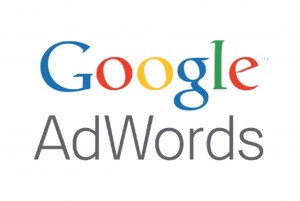 Google Adwords is a great way to advertise your business. When you consider that 88% of people check out a business online before buying from them, you can see why getting your business, services or products in front of them online is a powerful part of your marketing.
Google Adwords is a great way to advertise your business. When you consider that 88% of people check out a business online before buying from them, you can see why getting your business, services or products in front of them online is a powerful part of your marketing.
Google is the most popular search engine with around 67% of the search engine traffic share. If you’re going to be anywhere then Google is the place to be.
Google are a huge company and the way they generate income is through advertising. Although Google Adwords is a great system and the support from the Adwords team is good, they’re only after one thing – your money!
Because of this, Google Adwords is very simple to set up and get going with. Most people can set up the payments and some simple ads and off they go.
But an Adwords account is also easy to set up and forget. Many businesses just leave it running or set it up badly – and that costs them money.
Google Adwords: A Simple Starter Guide for Businesses Advertising on Google
Adwords simplified – how Google Adwords is set up
Your Google Adwords account is made up of four key areas and you should first get to know them.
Campaigns
Your campaigns are at the top of your Adwords advertising tree. All your settings and budgets are set by the campaigns and you can have as many campaigns as you like. Campaigns allow you to control your spend and monitor the performance of your sections of ads and keywords with ease.
Ad Groups
Ad groups are sets of ads grouped together so that you can monitor a selection of ads and keywords simply for management and budgeting.
Ads
These are your ads that will appear on Google and will hopefully get people to click to visit your website. Ads are grouped within ad groups and you can have as many as you like.
Keywords
Keywords are what Google Adwords are cemented around. Your keywords are designed to trigger your ads when they’re typed into Google. If you sell red shoes for example, you would want your ad to appear if someone typed ‘red shoes’ into Google.
So your tree works from the roots up:
Your keywords will trigger your ads which are set into ad groups which are controlled by your campaign. Each part of the tree has a part to play in your campaign’s success and each part needs each other to work.
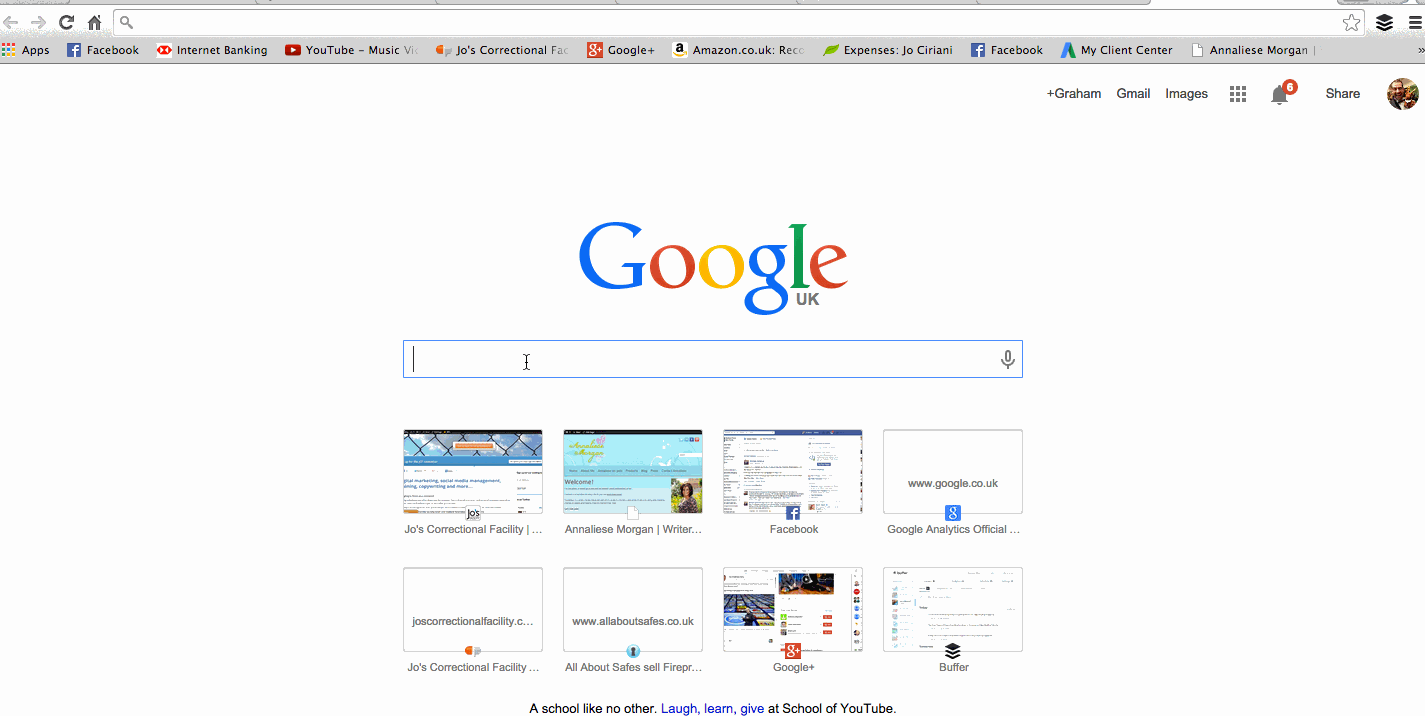
How Keywords work on Google Adwords
As you’re probably aware, keywords are one of the core parts of Google Adwords. Get these wrong and you won’t show up when people are searching for the very thing that you can offer them!
Keywords will trigger your ads when they match the search terms that people type into Google. If you want to, you can use phrases rather than keywords (and you’re better to do this in my opinion). For example instead of ‘shoes’ choose ‘red shoes’ or even ‘red shoes sale’.
You can decide if your keywords will form part of a sentence, and in which order – or you can be really specific.
There are three ‘Match Types’ for keywords which will do this:
- Broad match: Broad match will make your keyword(s) show up in any search term that they’re used in. So if someone typed ‘I want to buy some red shoes’ your keywords would trigger your ad for red shoes. But your ad would also be triggered if someone typed ‘what shoes go best with a red dress’ – which might not be as targeted for you.
- “Phrase match”: Phrase match will ensure that your keywords only trigger an ad if they’re typed in the correct order. So if someone typed ‘I want to buy some red shoes’ then your ad will trigger. If though, someone typed ‘I like shoes that are red’ then your ad will not show, as the words do not appear in the order that you’ve specified.
- [Exact match]: Exact match drills this down even more and only the exact phrase or keyword will trigger your ad. So if you had [red shoes] as an exact keyword phrase then it would only appear if someone typed ‘red shoes’ and not if it formed part of a sentence or if they typed ‘shoes red’.
Takeaway: Using different match types will give you different or better results. In my experience the phrase match is the best way to go. Use keyword phrases, not single words, to ensure you get the right traffic through to your ads.
Negative keywords
You also have the ability to stop your ads appearing by selecting words that you don’t want to trigger your ads. So if you sell red shoes and not blue shoes you would have ‘blue’ as a negative keyword. Your ad would not appear if someone typed ‘blue shoes’.
You should constantly monitor what people are typing to find your ads and add negative keywords to your campaigns as you find them.
Keyword lists
You can easily manage your negative keywords across campaigns by creating lists of keywords. You can easily assign a list of negative keywords to other campaigns with one click rather than manually adding them to all other campaigns that need them.
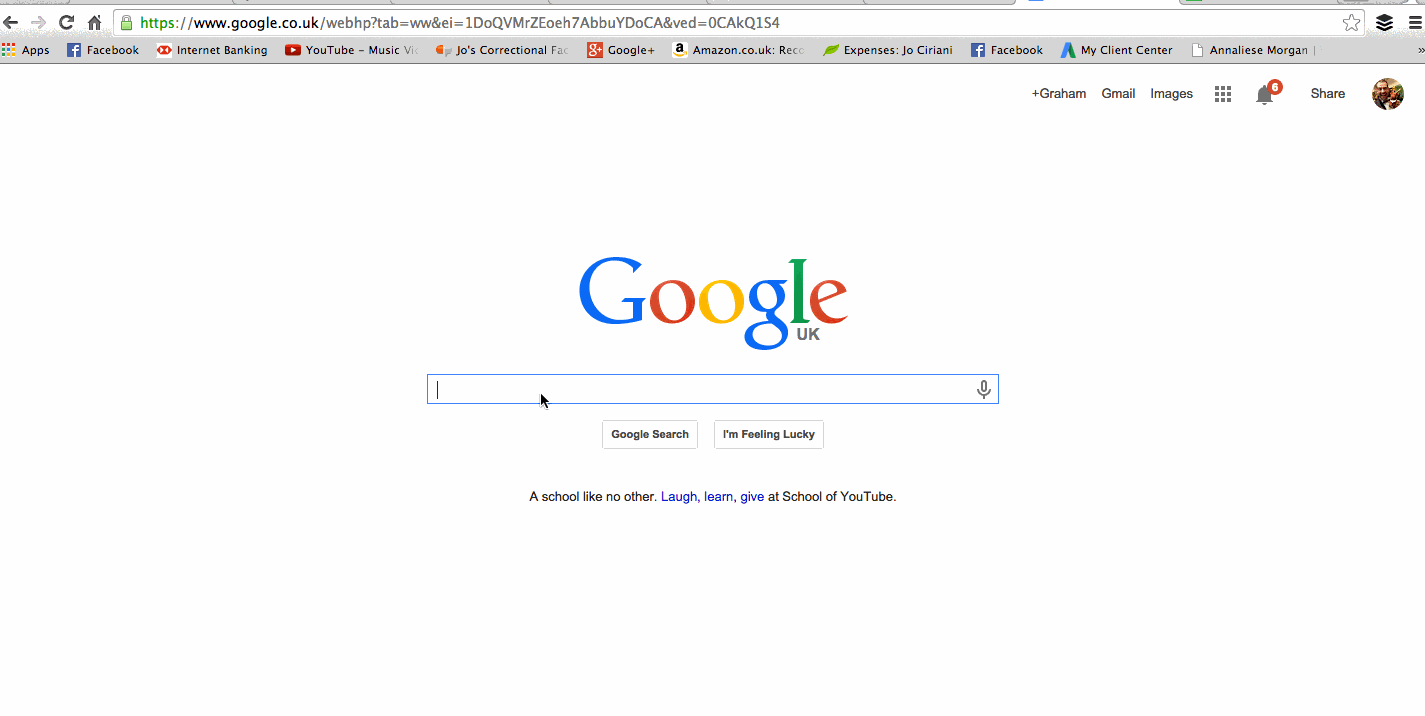
How Campaigns work in Google Adwords
To start any adverting you must have a campaign. Campaigns define how your keywords and ads will work, when they will show, how much money you will spend, and so on.
Simply put, campaigns have the overall say on your advertising. You can set everything from here and your ads and keyword will follow the rules.
The main areas of your campaigns are:
- Where your ads appear online: You can advertise on just Google or on partners like AOL, eBay or Amazon, or on display ads (found on websites with display space for advertising).
- Where your ads appear in the world: Google is worldwide but your business may not be. You can set location settings right down to exact postcodes in the campaign settings.
- Bid strategy: Adwords will let you control how your budget is spent, including an option for Google to change it based on the performance.
- Budget: You set your total spend per day in the campaigns. You won’t spend more than you set the campaign to, no matter how popular your keywords and ads are.
- Ad scheduling: If you only want your ads to appear during certain times of the day then you can design a bespoke plans for when to show your ads.
How Ad groups work on Google Adwords
Ad groups allow you to have a set of ads and keywords grouped together.
So you could have an ad group for ‘red shoes’ with a selection of ads on red shoes and some keywords for red shoes.
You could then have a separate ad group for blue shoes with ads and keywords based on those.
This will ensure that your red shoes ad is shown for your red shoes keywords and vice versa. Because, if someone typed ‘blue shoes’ and got your red shoes ad they would be less likely to click on it, as it’s not as targeted to their search.
How Ads work on Google Adwords
Your ads are the only part of all this that your potential customers will see. Getting your ads right is important, as you want people to click on them and visit your website.
You don’t have a lot of space or time to capture people’s clicks so you need to get these right. Spend time creating great ads and test, test and test some more.
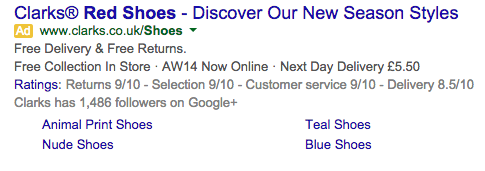 A good ad will have:
A good ad will have:
- A strong headline: Sell yourself with a good descriptive headline
- A reason to buy or click: You need to get them interested so tell them about your 20% off offer or your amazing selection
- A good call to action: Then tell them what you want them to do. Call today. Buy now, or visit us for more…
Your ads will be ranked for their relevance by Google, and this will determine how high up the page you appear. The holy grail of the number one top spot will only be yours if you get it right.
A good ad will have the keywords in the actual ad as well as on the keyword list and also on the page that you’re sending people to. The whole process from someone typing a phrase into Google to landing on your website is assessed by Google. Look at every step and improve it for a better ranking.

Common mistakes most people make
Adwords is a complex system and when you consider what it can do and what you want it to do, you can understand why. In a split second Google will decide which ads to show up when you type into that search box. Getting your ads there is a constant game and a constant auction.
There are many areas of Adwords that business owners get wrong. Here are the main ones:
- Setting your Adwords up and leaving it: The number one reason you’ll fail – you simply can’t rest on your laurels. Keep testing, keep tinkering and keep an eye on what you’re getting from it all.
- Choosing the wrong keywords: So many business owners that I work with choose keywords that are too ‘in-house’. Go and research what people are actually typing in with the keyword planner and keep on adding to your list of keywords.
- Not using negative keywords: Google Adwords can be as much about stopping the wrong traffic as it is getting the right traffic. Unqualified clicks will sap your budget and will drive up the cost of converting clicks to sales. Keep adding negative keywords to your campaigns.
- Not having specific campaigns: If you sell different products or services then you should have different campaigns for them. You will be able to assign more budget and different keywords easily, which will get you better results.
- Not using the right match types: Leaving your keywords to ‘broad match’ (the default setting) is throwing money away. This is especially true if you have single keywords or short phrases. I pretty much stick to phrase match as I can control who sees my ads with more control.
- Poor landing pages: Google will rank your ads on many things but your landing page is one of them. There’s no point in paying to send people to your website if your landing page sucks. Your landing page should be all about the very words and phrases your visitor has typed into Google. If someone types ‘red shoes’ into Google then send them to your red shoes page, not your home page! You can determine where your visitors go with your Destination URL found in the ads and keywords sections.
- No conversion tracking: You’ll only really know if all this is working if you can track the sales or leads back to your ads. You may have other marketing that is generating interest so you need to know how well your Adwords is working. You can set up tracking code on your success pages (thank you pages or sale complete pages) so that you can see if your ads were the reason someone came to your site and bought.
Watch our top three Google Adwords tips now!
Google Adwords is a very targeted way to drive traffic and sales to your business. Setting it up is simple and quick but you do need to constantly monitor the success of your campaign. If you consider that every day 20% of Google has never been searched before you’ll soon see why your keywords and ads need changing constantly.

- Research your keywords
- Write compelling ads
- Keep improving your landing pages
- Track everything!
Good luck!
By the way, we’ve saved our Adwords clients thousands of pounds over the last year. If you need a managed service just talk to us as we can look after the whole account for you, saving you precious time and money, while increasing sales.
Tags associated with this article
Post a comment
We'd love to know what you think - please leave a comment!
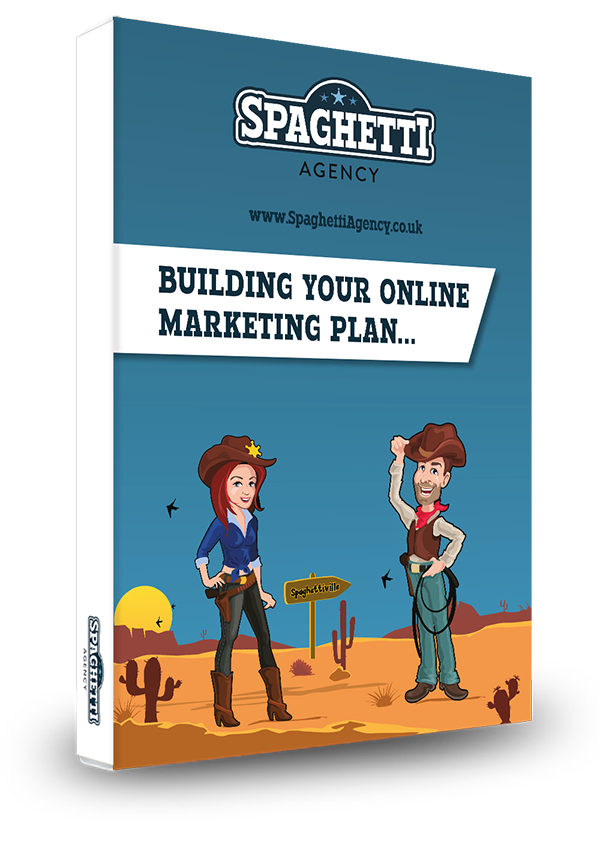
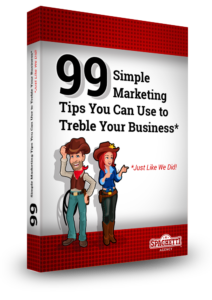




2 comments on this article
Jo Hanson at 5:42am on September 11th 2014
Hi Todd,
Interesting advice. I haven’t seen much information on the best way to manage Google Ads, so it’s really refreshing that you have covered this topic.
I have given the search engine a bit of a test since your post, and I can now see where some businesses get it so wrong by not being specific enough on their product or campaign detail, causing all sorts of info to pop up.
I guess some people presume that by adding generic search detail will widen the viewing of their ads, but this in fact drowns the ad, and fails to hit the target audience.
Thanks for the tips!
Jo
Todd at 7:22am on September 12th 2014
Thanks Jo.
Yes I always chuckle when I see companies appear for the wrong terms. This is mainly because they’re using broad match instead of phrase or exact match. Sometimes it can also be because they’re paying for single keywords instead of longtail keywords. It’s best to pay for “Apple iPhone 6” than just “iPhone” for example. More specific terms mean more specific searchers and a better chance of saving on wasted budget as your clickers are more qualified.